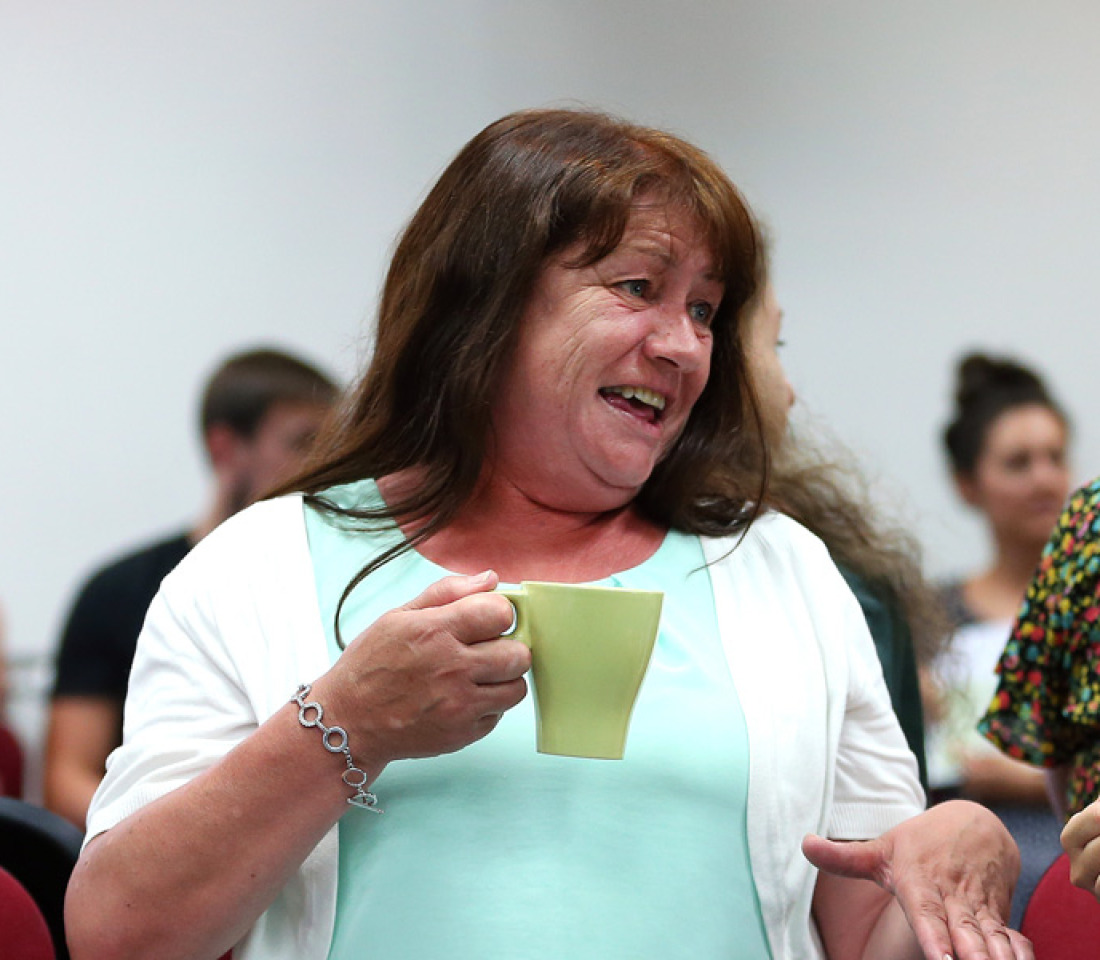
Grants and trusts: what are they, and how does The Brain Charity use them?
The Brain Charity's Grants and Trusts Officer John Anderson explains
If you’ve used our counselling service, participated in our Brain Changer Arts Project or visited our building and used our state-of-the-art Changing Places bathroom, you’ve benefitted from a grant.
Many people are not aware of this element of The Brain Charity’s fundraising, but it is of vital importance.
In this guest blog, our Grants and Trusts Officer John Anderson explains more…
What is a grant?
When you think about charity fundraising, you’re likely to picture people shaking buckets in the street, or the amazing volunteers who run marathons or climb mountains in our name.
However, those activities are just some of the many important ways that we raise money to support our clients. Another is through applying for grants. A grant is a sum of money given to us by a charitable foundation or a trust set up in someone’s name.

There are thousands of trusts and foundations in the UK, all of whom exist to fund the work of charities such as ours.
As Grants and Trusts Officer, it is my job to identify the foundations whose interests best match with ours, and write applications to convince them that they should fund our work.
What does my role involve?
There’s no such thing as a regular day in the job, so here are a few things I do during the average week.
Research
A lot of people find research boring, but luckily, I don’t!
To stay up to date with newly announced funds, I always start my day by checking emails and some online grants portals where they are advertised.
If an opportunity looks promising, I familiarise myself with the guidelines before discussing how best to approach the application with my manager Tui, our Head of Fundraising.
I also stay on top of news in neurology and in the charity sector. Lately, for example, I’ve been reading a lot of research reports about the impact of COVID-19 on people with neurological conditions. This is important so that our applications are always backed up by strong evidence to make them compelling.
The best evidence of our good work, however, comes from our community. Our service users know better than anyone what it’s like to live with a neurological condition. That’s why the surveys we send around and the case studies we put together are so important.
Writing
Although I spend a lot of my time writing applications, it’s never boring because of the sheer variety of what we do at The Brain Charity. In the past month I’ve written applications to fund: counselling, disability gym equipment, eco projects, the Fabric District’s upcoming Arts Festival and employment support.
Some funders prefer to donate towards equipment or building work, such as our refurbished bathrooms. Others want to fund specific projects, for example our telephone befriending service, or our fun hat making course.

Writing applications can look boring from the outside: after all, telling a funder what we want to do with their money does involve being very specific and putting clear budgets together.
However, it’s not hard to get passionate when you’re writing. For example, in an application to fund our counselling service, you detail the hardships our clients have endured during lockdown.
It’s my job to show the funder how they can work with us to make this situation better, to create a brighter future.
What happens next?
Although waiting for a decision from a funder can take months, it’s all worth it when they call and tell me that we’ve been successful – not least because it’s so competitive.
Some funders are only able to fund 10% of the applications they receive, which means you get used to receiving lots of rejections!
I’m also in charge of writing impact reports for all of our funders. After all, they need to know that their money is being spent wisely, and that people really are benefitting from their grant.
I co-ordinate the collection of data and case studies, so that our funders get the best possible picture of the good that their grant is doing.
The hope is that building a good relationship will lead to further grants down the road!
Do you have an idea for a project The Brain Charity should fund next, or something that would help you?
Email fundraising@thebraincharity.org.uk with your suggestions.
Categories: Fundraising, Guest blogs
Published: 2 July 2021
















